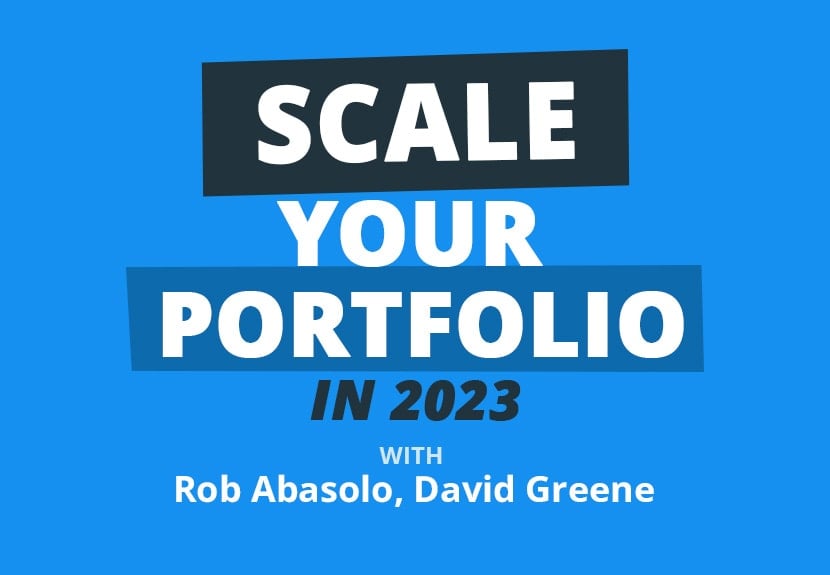Two key political announcements made headlines that point to the deeper political economy crisis. First, on November 4, the Prime Minister announced an extension of the free ration scheme for another five years while campaigning in Chhattisgarh. Two, on November 7, Bihar chief minister Nitish Kumar announced that his government will extend reservations to 75% in the state to make other backward class (OBC) reservations closer — not yet proportionate — to their share in the overall population. Unlike a lot of fiscal and ‘meritocracy’ hawks, this author believes that, in principle, neither food subsidies nor reservations are a bad idea. Yet, their rise to dominance in our political theatre is a matter of great concern.

What does the free food grain promise entail? Under the National Food Security Act (NFSA), almost two-thirds of India’s population is entitled to receive either 35 kg food grains per household or 5 kg per household per person at the issue price (the rate at which it is sold to these beneficiaries) of ₹3/2/1 per kg. It is these nominal charges which were waived off at the beginning of the year and the policy is being extended for another five years now.
To be sure, the government spends a bigger amount collecting these food grains first on account of procurement prices paid and then the costs of handling and transporting this grain. Because government procurements now account for more than one-third of India’s rice and wheat production, a strong argument can be made that minus the subsidised and guaranteed demand, both production and consumption (and hence nutrition) of food grains would suffer in India if the scheme were to be discontinued.
As far as the voter is concerned, free provision of food entitlements will, at best, mean savings of a couple of hundred rupees for beneficiary households. The fact that political parties think of such a scheme as game-changing speaks volumes about the extent of economic precarity in India. This is the biggest indictment of India’s post-reform growth story and the big talk about it being the fastest-growing economy or the soon-to-be-third largest economy in the world.
Reservations have a historical context in India. India’s feudal roots, the land monopoly it created, and centuries of social discrimination led to a situation where a large section of the population did not have a level playing field in education. Even when such equality existed, in-built caste networks in workplaces — public and private — made discrimination a way of life in India’s labour market. Had it not been for reservations, first for the scheduled caste and tribes (SC-ST), and then for the OBCs, these inequalities would have been much worse than what they are today.
The problem with the demand for significantly expanding reservations is not that they would compromise merit or encourage reverse discrimination. In fact, the enactment of 10% reservations for economically weaker sections for the non-SC-ST-OBC population has given a disproportionate reservation to these groups than what the OBCs enjoy.
The problem lies elsewhere. The efficacy of reservations as an engine of equality is limited by the fact that the pie (of reserved jobs) that the policy seeks to distribute more equally is a negligible proportion of the people who want to land a job via reservations.
As the state’s economic footprint in the economy continues to shrink, this problem will only increase. If one were to give a slightly provocative argument, a politics which is obsessed with reservations is missing the woods for the trees because it is not working hard enough to indict the economic system in which the fruits of economic growth are increasingly being concentrated at the top of the pyramid.
Does this mean that politics should actually move from reservations to welfare, like free food entitlements? This would indeed be the case if the state’s fiscal resources were enough to take care of not just survival but also development and dignity needs of the poor. For that to happen India’s GDP will have to grow at a much faster rate — say a sustained double-digit growth rate for a couple of decades — than what is the case at the moment. The current state of play, in both the Indian and global economy suggests that this is unlikely to be the case. This also means that we are likely to see more and not less of welfare and reservation politics in the near future.
Could things have been different? At different points in history, the income of the poor was also a function of their share in day-to-day production as well as asset distribution. The latter is where the Chinese and some East Asian countries did better than India by redistributing land among the landless. This unlocked incomes and purchasing power for a large number of poor in these countries. Similarly, the State can tweak its policies, especially taxes, to tilt the balance of income distribution in favour of either the rich or the poor. A cut in corporation tax rates is an example of the former, while a reduction in indirect taxes on items of essential consumption can serve the latter. While a lot of economists like to argue that India could actually be a lot more proactive on the fiscal policy front to further the cause of equality, the consequences of any such policy on capital flight or investor fright might not be insignificant.
Even China — a much bigger economy than India — seems to be struggling with the challenge after its efforts to regulate private capital and the backlash it has generated.
Even if one were to forget the constraints big capital would impose on such as policy, there is another question to be asked. Does the present-day politician even want to pursue redistribution which goes beyond basic essentials such as free food or pure tokenism such as reservations? The latter is essential for mobilisation of caste networks in politics and the former is the only thing which can prevent the system from exploding in your face. The answer to this question is not very difficult. What is the share of politicians to reckon with who do not have a vested interest in preserving the current economic order today? The amount of money needed to fight even an assembly election seriously, let alone running a political party in India is enough to exclude anybody who is more than comfortably rich from the ranks of a serious politician.
As long as this does not change, India’s political economy will continue to live up to the farce of pretending to practise economic redistribution without hurting those who stand to really lose from a redistribution in the real sense of the term.
Every Friday, HT’s data and political economy editor, Roshan Kishore, combines his commitment to data and passion for qualitative analysis in a column for HT Premium, Terms of Trade. With a focus on one big number and one big issue, he will go behind the headlines to ask a question and address political economy issues and social puzzles facing contemporary India.
The views expressed are personal















